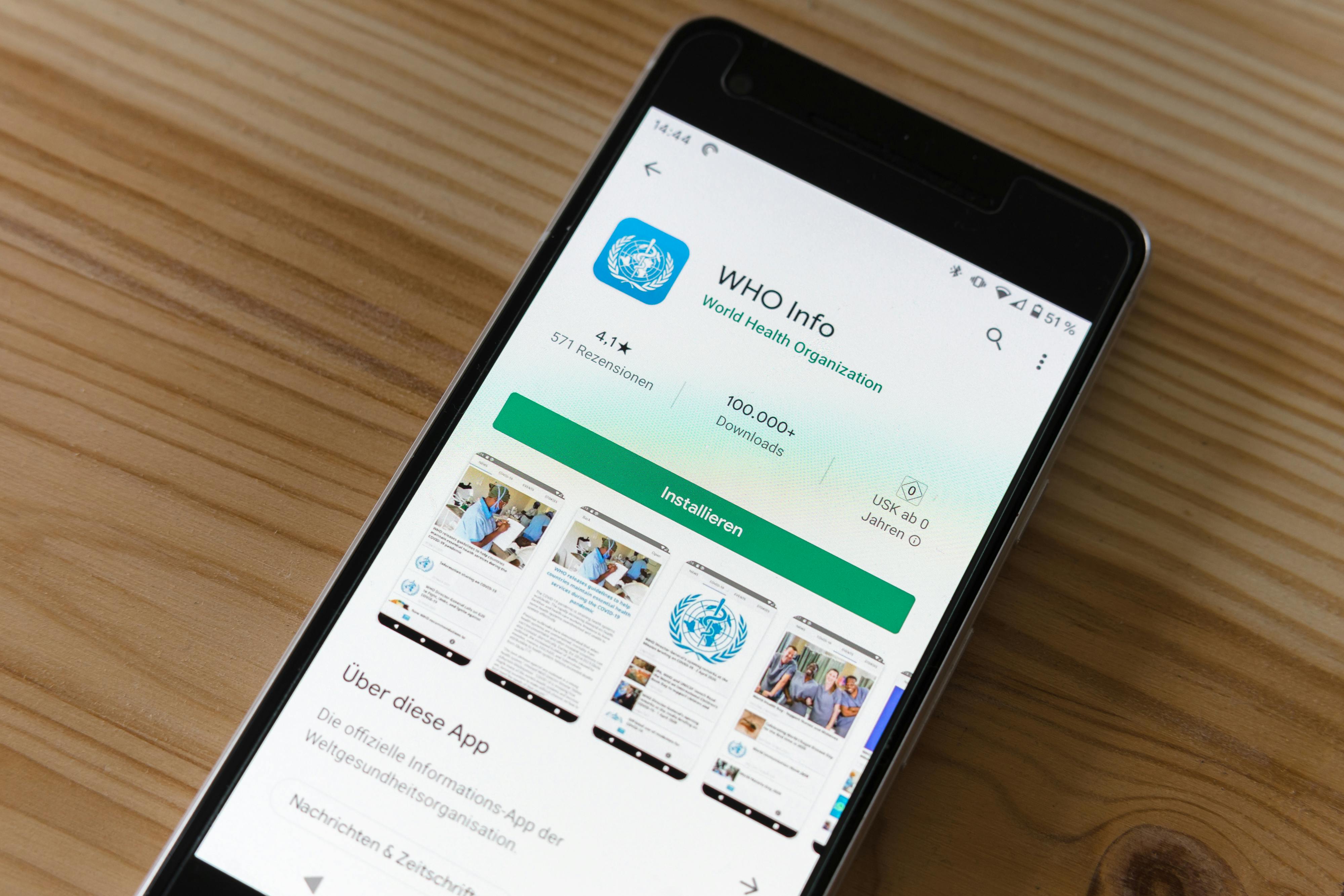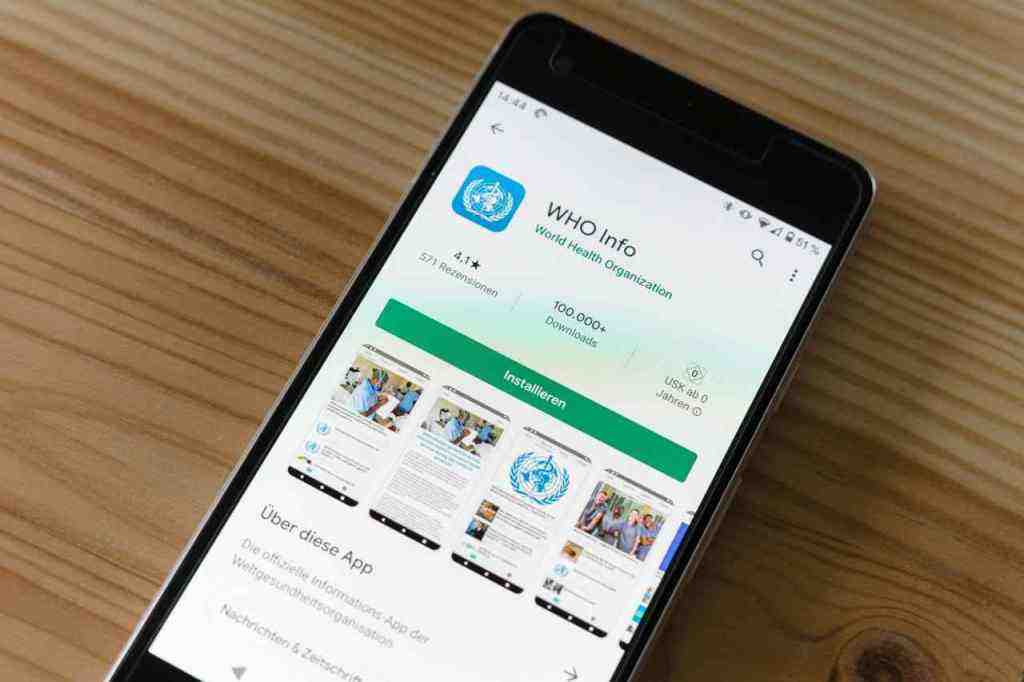
The Amazon Appstore for Android is shutting down tomorrow, August 20, 2025. This marks a significant moment for the Android ecosystem, as it signifies the end of Amazon’s 14-year attempt to compete with the dominant Google Play Store. While many Android users have long relied on Google Play, this closure will still have implications, especially for those who utilized the Amazon Appstore for specific apps, deals, or Amazon Coins. **Why is Amazon Closing its Android Appstore?** Amazon’s decision to shutter its Appstore on non-Amazon Android devices stems from a strategic shift to focus on its own ecosystem. The company stated that the “overwhelming majority” of its customers engage with the Appstore on its own devices like Fire tablets and Fire TVs. By concentrating resources there, Amazon aims to streamline operations and avoid the costs associated with maintaining a service that never gained significant traction outside its hardware. Essentially, Amazon is doubling down on its “walled garden” approach, where it has more control over the user experience. This move also follows Amazon’s earlier decision to remove its Appstore from Microsoft’s Windows 11. It’s a clear signal that Amazon is prioritizing its own hardware and integrated services over broader third-party platform competition. **What Does This Mean for Android Users?** For the majority of Android users who primarily use the Google Play Store, the immediate impact might be minimal. However, there are several key considerations: * **App Availability and Updates:** Apps downloaded from the Amazon Appstore may continue to function after August 20th, but there’s no guarantee. Crucially, these apps will no longer receive security patches or updates. This means they could become unstable, unusable, or even pose security risks as vulnerabilities are exploited by hackers. Users are strongly advised to uninstall apps downloaded from the Amazon Appstore and seek alternatives from more secure sources like the Google Play Store. * **Amazon Coins:** The discontinuation of Amazon Coins, a digital currency used for in-app purchases, is another significant consequence. Users with unused Amazon Coins will receive automatic refunds, provided their payment details are up to date. However, those with expired cards or inactive accounts risk missing out on these refunds. Amazon urges users to check their balances and update payment information before the deadline. * **Shift to Google Play and Alternatives:** With the Amazon Appstore gone from the wider Android landscape, users will naturally rely more heavily on the Google Play Store for their app needs. However, this also presents an opportunity for users to explore other reputable third-party app stores if they seek apps not available on Google Play. Some popular alternatives include
APKMirror,
Aurora Store,
Aptoide, and
F-Droid. Each of these offers a different selection and user experience, and it’s wise to research their security practices. **A Look Back: The History of the Amazon Appstore on Android** Launched in 2011, the Amazon Appstore was Amazon’s ambitious attempt to carve out a niche in the mobile app market, which was, and still is, heavily dominated by Google’s Play Store and Apple’s App Store. It offered enticing perks like “free apps of the day,” exclusive deals, and the aforementioned Amazon Coins, hoping to attract users and developers alike. For a time, it seemed like a viable competitor, especially with its integration into Amazon’s Kindle Fire tablets. However, despite these efforts, the Amazon Appstore never managed to gain significant traction on non-Amazon devices. Developers largely favored the Play Store, and by the mid-2020s, the Amazon Appstore’s presence on most Android devices had become almost negligible. Competing with the sheer volume and established ecosystem of the Google Play Store proved to be a “Herculean task.” **User Perspectives and Community Reactions** News of the shutdown has sparked discussions within the Android community. While many users might not be directly affected, those who relied on the Amazon Appstore for specific apps or deals are now facing a transition. The primary concern revolves around the security implications of using unsupported apps. Users are being urged to uninstall these apps promptly and migrate to more secure platforms. The closure also highlights the challenges faced by third-party app stores in a market dominated by two giants. While the Google Play Store remains the primary source for most Android applications, the existence of alternatives like
F-Droid (for open-source apps) and
APK Mirror (for APK files) provides users with choice and flexibility. **Navigating the Transition: Actionable Steps for Users** As the Amazon Appstore for Android ceases operations tomorrow, here’s what users should do: * **Identify and Uninstall:** Go through your installed apps and identify any that were downloaded from the Amazon Appstore. Uninstall them immediately. * **Find Alternatives:** For any essential apps you’ve lost, search for them on the Google Play Store or other reputable third-party app stores. * **Check Amazon Coins:** If you have any remaining Amazon Coins, ensure your payment information is up-to-date to receive your refund. * **Stay Informed:** Keep an eye on official announcements from Amazon regarding the refund process for Coins and any other relevant information. **The Broader Implications for the Tech Industry** The closure of the Amazon Appstore on Android is more than just the end of a service; it’s a reflection of the intense competition and consolidation within the app marketplace. It underscores the difficulty of challenging established ecosystems like Google’s and Apple’s. For developers who relied on the Amazon Appstore, this means reassessing their distribution strategies and focusing more on the dominant platforms. As the Android ecosystem continues to evolve, with trends like AI, 5G, and AR/VR shaping its future, the importance of secure and reliable app distribution channels remains paramount. While alternative app stores offer diversity, user trust and robust security measures will be crucial for their long-term viability. **Looking Ahead** The digital landscape is constantly shifting, and the closure of the Amazon Appstore for Android is a prime example of this evolution. While it marks the end of an era for Amazon’s presence in the broader Android app market, it also reinforces the dominance of the Google Play Store and highlights the ongoing need for users to prioritize security and informed app choices. As users adapt to this change, exploring the diverse range of available app stores and staying vigilant about app security will be key to navigating the future of Android app distribution.


